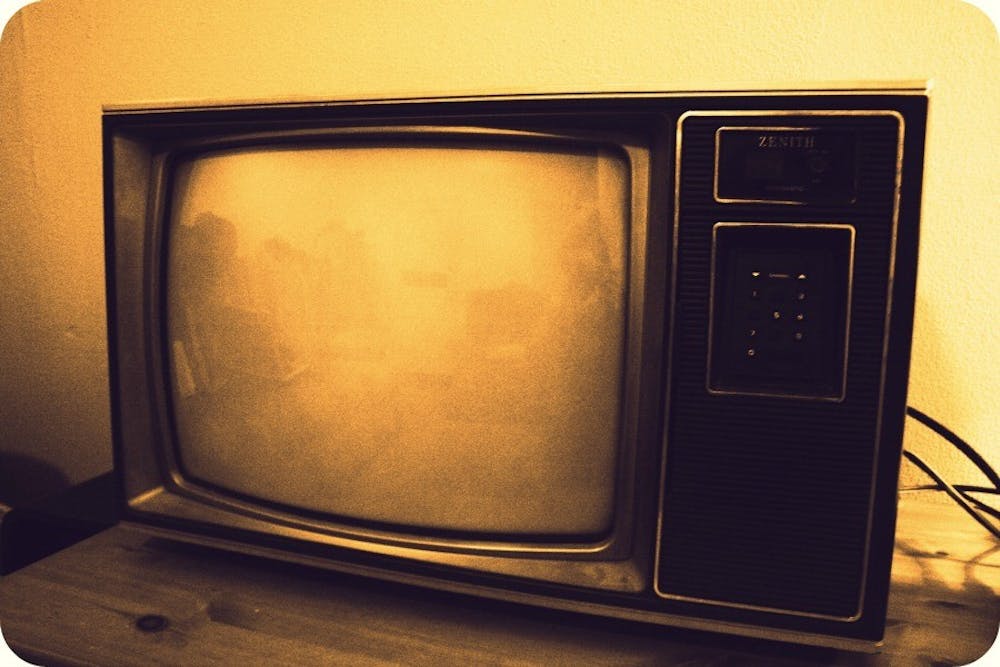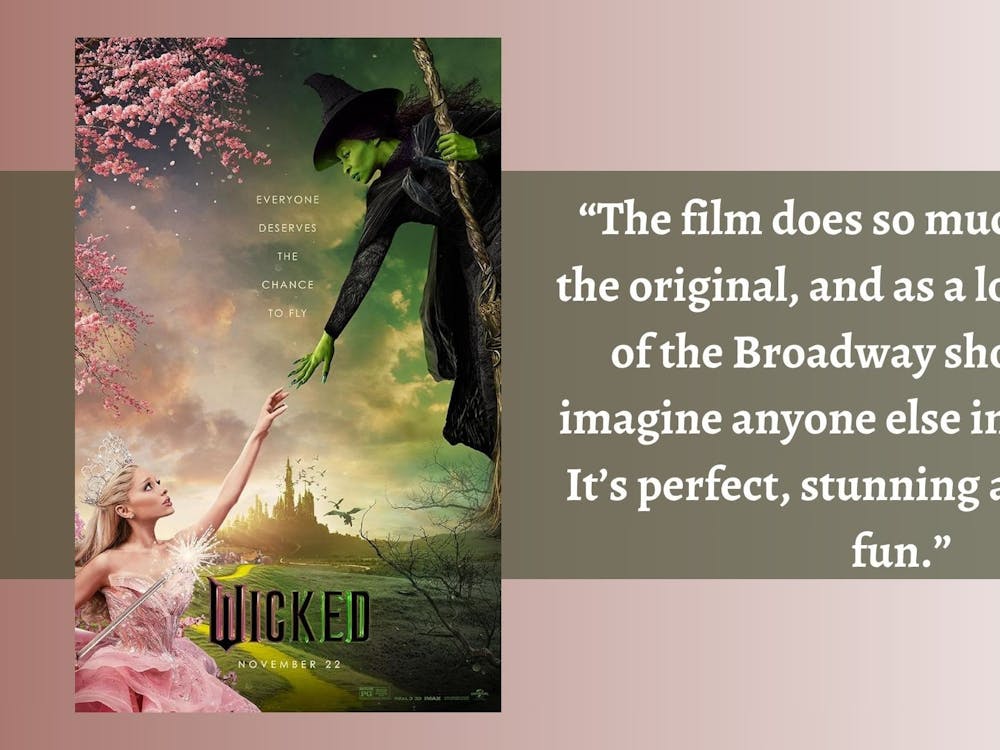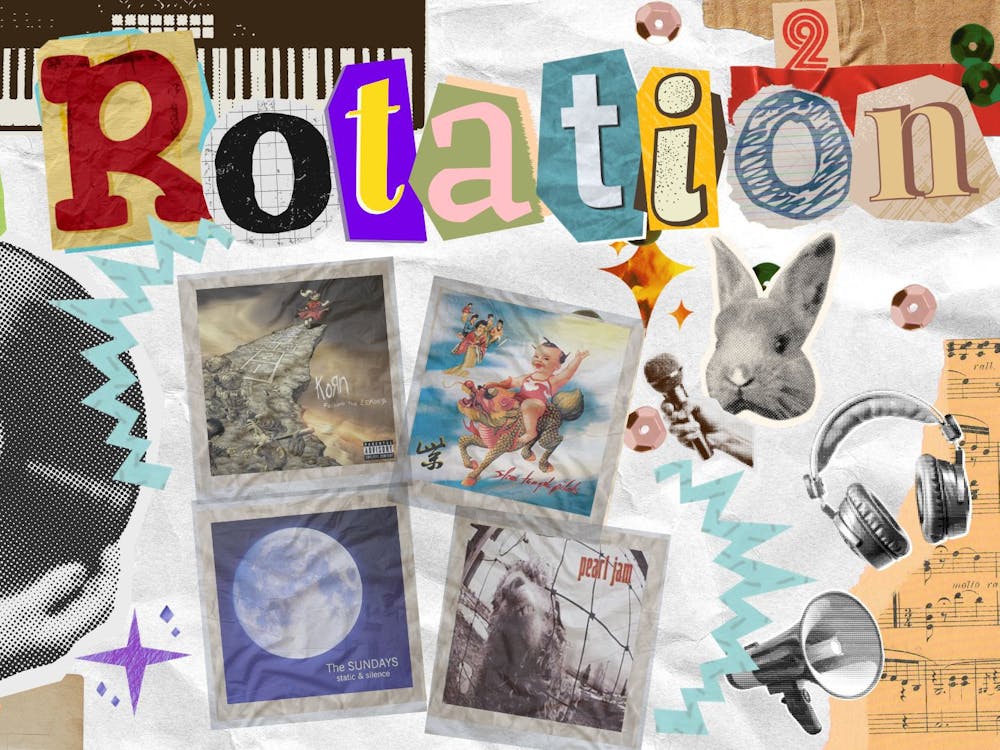By Devon Shuman, Senior Staff Writer
Sex? Check. Drugs? Check. Rock and roll? Double check.
A unique and well-crafted story with a powerful message? Eh … it's getting there.
From creators Martin Scorsese, Terence Winter and Mick Jagger, HBO's new series, "Vinyl," is certainly entertaining. Filled with beautiful people, a soundtrack that provides a constant stream of rock classics and enough cocaine to put Scarface out of business, the show follows music executive Richie Finestra (Bobby Cannavale) through the 1970s New York music scene.
When the show opens, Finestra is in the process of selling his sagging company, American Records, to German conglomerate, Polygram. However, after having a reawakening at a New York Dolls gig where their performance of "Personality Crisis" literally brought the building crumbling to the ground, Richie tells the Germans to scram.
His epiphany at that earth-shattering performance reignites an intense passion for rock and roll. He abandons his formal suits in favor of Black Sabbath T-shirts. He starts doing copious amounts of blow, even though he had previously kept his nasty addiction at bay for years. He remembers why he loved rock and roll in the first place and, instead of selling out, decides to reinvigorate his company by finding new acts.
The show feels like a rock song itself. Scorsese's presence is immediately felt in the overlaying narration, constant, drum-heavy background music and the moving camera shots that zoom in and around the characters in action. At times, it feels like watching "The Wolf of Wall Street," but whereas "Wolf" was a three-hour, non-stop rollercoaster, "Vinyl" often loses its rhythm, getting bogged down in drawn-out flashbacks and unnecessary subplots.
But, Vinyl's main flaw so far is its lack of focus. The show is a celebration of rock music, but the main message can't only be, "Fight the system! Let's rock and roll!" That narrative has been run into the ground. It has to go deeper.
It's not like the pieces aren't there. The show is chock full of wonderful secondary characters, but it doesn't seem to be willing to use them. Ray Romano, playing Richie's business partner Zak Yankovich, provides comic relief with his masterful deadpan delivery, but "Vinyl" has yet to delve any deeper into his character.
Olivia Wilde is a brilliant actress, but the writers seem content with giving more time to the "nagging, burdensome wife" aspect of her character than the "recovering drug addict and struggling wife and mother" aspect.
The best of the lot is Juno Temple. She plays Jamie Vine, one of Richie's secretaries who is trying to break into the business by discovering a new act. She also has a desk filled to the brim with a colorful assortment of drugs - uppers, downers and everything in between. Despite being the best secondary character, she is not given nearly enough screen time. It often feels like hours in between her scenes.
In order to truly find a vision, it's imperative that "Vinyl" digs deeper into its protagonist, as well. The show wants to be about what makes great rock and roll, but it should really be about Richie Fenestra. The character Cannavale brings to life on the screen is that of a man torn between two lives - corporate sellout family man and high-intensity, passion-fueled rock machine. When he is the former, he sacrifices his own dream to make a decent living and maintain loving relationships with family and friends. When he is the latter, he basks in the glory of the rock and roll lifestyle - but at the expense of all of those around him. To make the leap from mediocre to great, "Vinyl" must zero in on this internal struggle.
Enjoy what you're reading?
Signup for our newsletter
Richie's cocaine- and adrenaline-fueled behavior results in chaos, and the show is at its best when it
toes the delicate line between fun chaos and uncomfortable chaos. Like "The Wolf of Wall Street," in which we laugh at Jordan's cocky, party-hardy lifestyle up until the moment he's raping his wife, "Vinyl" makes us think about Richie's new persona when he goes from speaking fervently about rock and roll to suddenly beating up his coworkers.
Whether or not "Vinyl" pulls it together in the coming weeks, HBO and the creators can't be criticized for taking a chance on this epic series. I'd rather have a complex show with a broad scope that ultimately flops than a new slew of formulaic, vanilla sitcoms and cop procedurals that pander to ratings. Like its own protagonist, "Vinyl" might not be great, but it understands the inherent greatness in taking creative risks.
2.5 out of 5 stars




